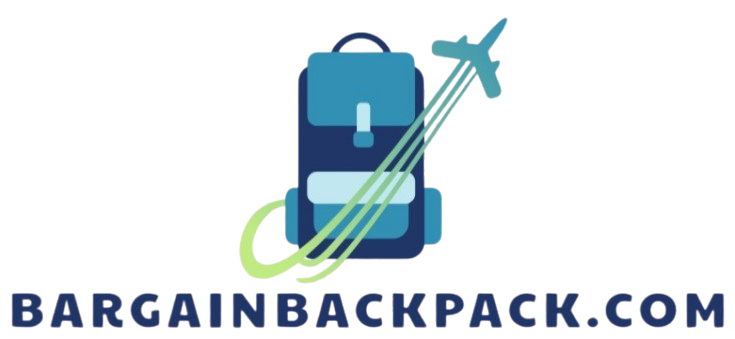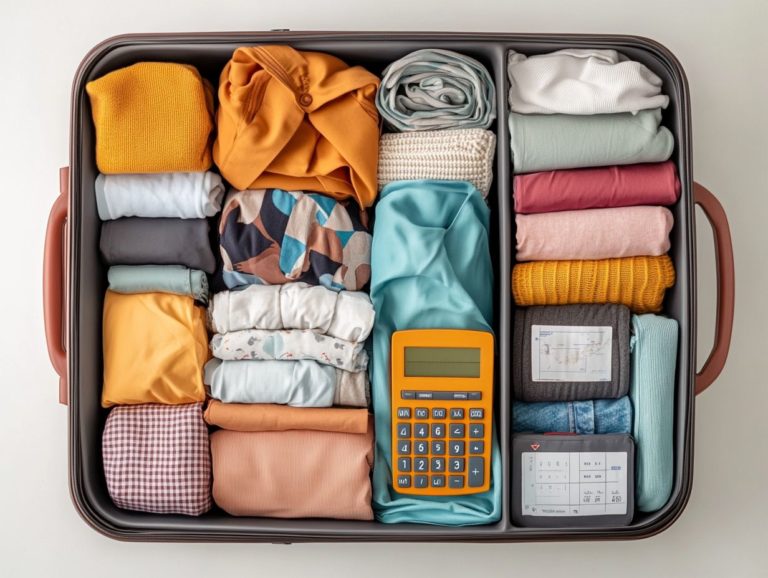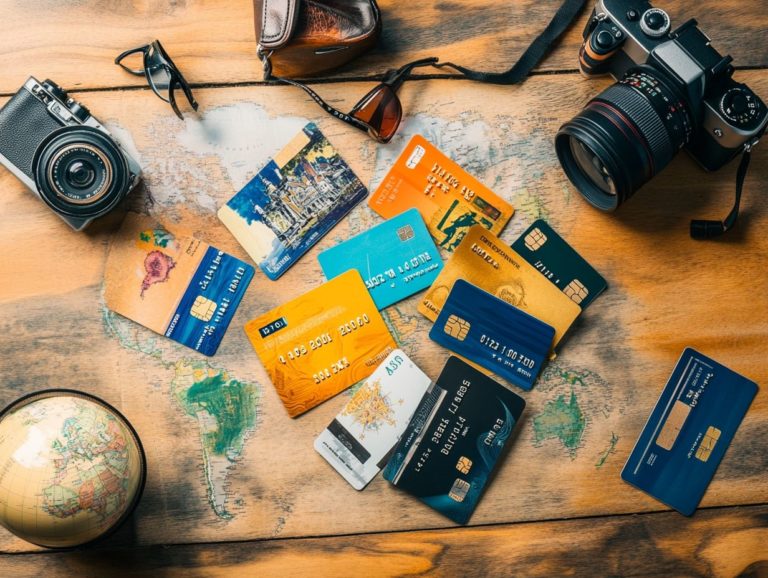Navigating Currency Exchange Like a Pro
Currency exchange can indeed seem overwhelming, particularly with ever-changing rates and a multitude of providers competing for your attention. This resource is designed to demystify the intricacies of currency exchange, beginning with a straightforward definition and delving into the key factors that affect rates, including economic and political conditions.
You ll find practical guidance on selecting a reliable exchange service, steering clear of scams, and maximizing your savings through strategic timing and effective negotiation. By the end, you ll be fully prepared to navigate the realm of currency exchange with confidence and assurance.
Contents
- Key Takeaways:
- Understanding Currency Exchange
- Factors Affecting Currency Exchange Rates
- Navigating Currency Exchange
- Tips for Saving Money on Currency Exchange
- Frequently Asked Questions
- How can I become better at navigating currency exchange?
- What factors should I consider when exchanging currency?
- Is it better to exchange currency before or during my trip?
- How can I avoid scams when exchanging currency?
- Are there any alternative options for currency exchange?
- What are some tips for getting the best exchange rates?
Key Takeaways:
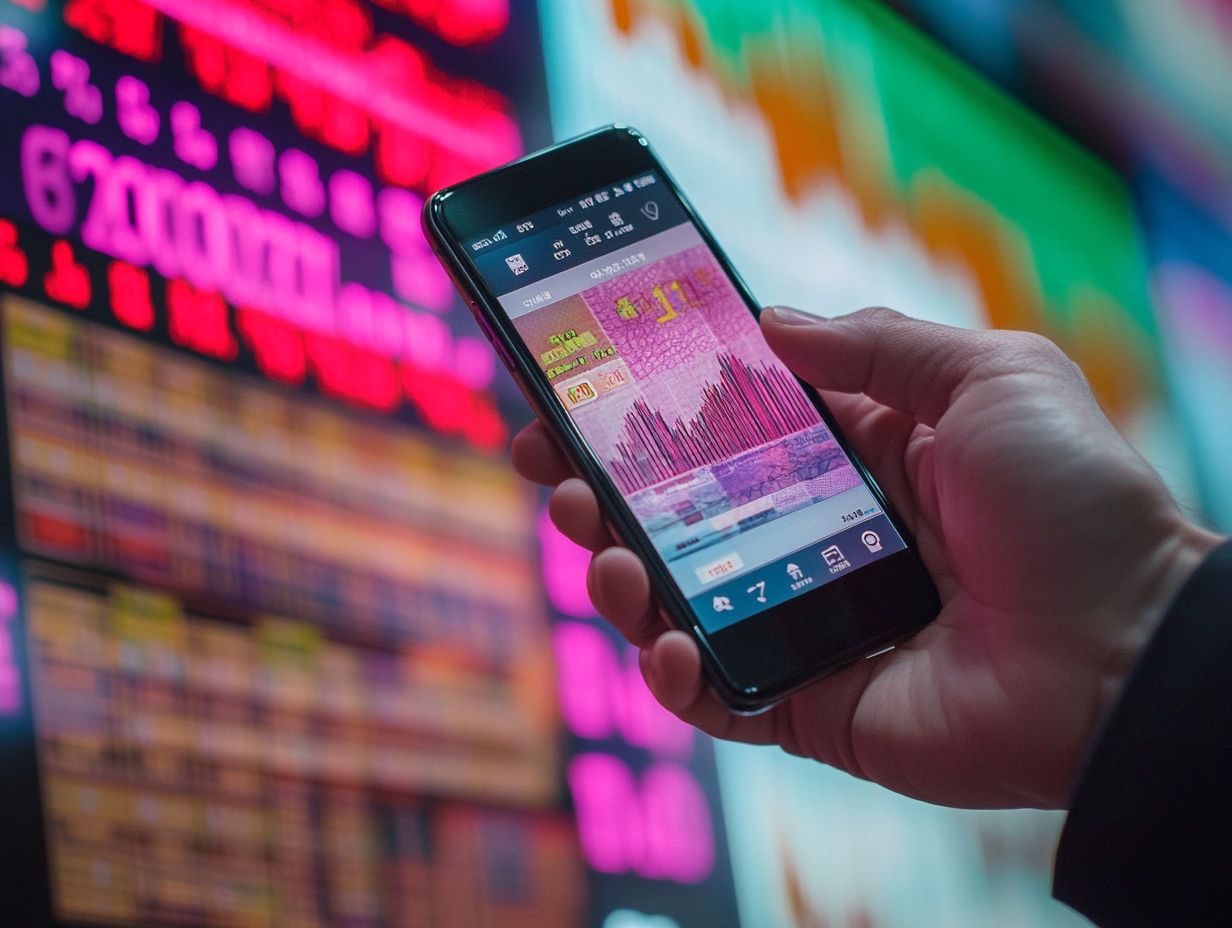
- Stay informed on current exchange rates to snag the best deals!
- Choose a reliable provider to dodge scams and hidden fees.
- Timing and negotiations can make a big difference in what you save!
Understanding Currency Exchange
Understanding currency exchange is essential for anyone involved in international transactions. It includes the foreign exchange (FX) market, where currencies like the euro and U.S. dollar are traded daily.
This market sets the exchange rates, reflecting the relative value of different currency pairs and influencing trading strategies for both you and financial institutions. Fluctuations in currency values often come from geopolitical events and economic indicators. Understanding these factors is crucial as they shape the global economy and impact your purchasing power.
What is Currency Exchange?
Currency exchange involves the process of converting one currency into another. This typically takes place in the bustling FX market, where trading volumes are significant and market dynamics shift quickly.
In this vibrant marketplace, you ll encounter a variety of transaction methods, from simple cash exchanges at a currency kiosk to intricate online trades facilitated by brokers. Understanding exchange rates is essential for both individuals and businesses engaged in these transactions, as rates fluctuate in response to economic indicators and geopolitical events.
The competitive rates offered by various banking institutions and brokers can significantly impact the cost-effectiveness of your exchange process. By familiarizing yourself with these factors, you can make informed decisions and optimize your currency transactions, whether you’re trading or traveling.
Factors Affecting Currency Exchange Rates
Various factors play a pivotal role in shaping exchange rates. These include economic indicators, political stability, and market forces that govern currency fluctuations. Together, they influence financial operations on a global scale, impacting your business decisions and investment strategies.
Economic Factors
Economic factors such as inflation rates, interest rates, and GDP growth (Gross Domestic Product) are essential determinants of exchange rates in the currency exchange market. These elements shape your perception of currency values against one another, influencing market sentiment and trading behavior.
For instance, when inflation rises, it tends to erode purchasing power, often leading to a depreciation of the affected currency. Conversely, central banks wield significant influence by adjusting interest rates; an increase in rates generally strengthens the currency, attracting foreign investment in search of higher returns.
These economic indicators not only impact individual currency values but also have substantial implications for international trade and investment strategies, ultimately shaping the economic interactions between countries on a global scale.
Political Factors
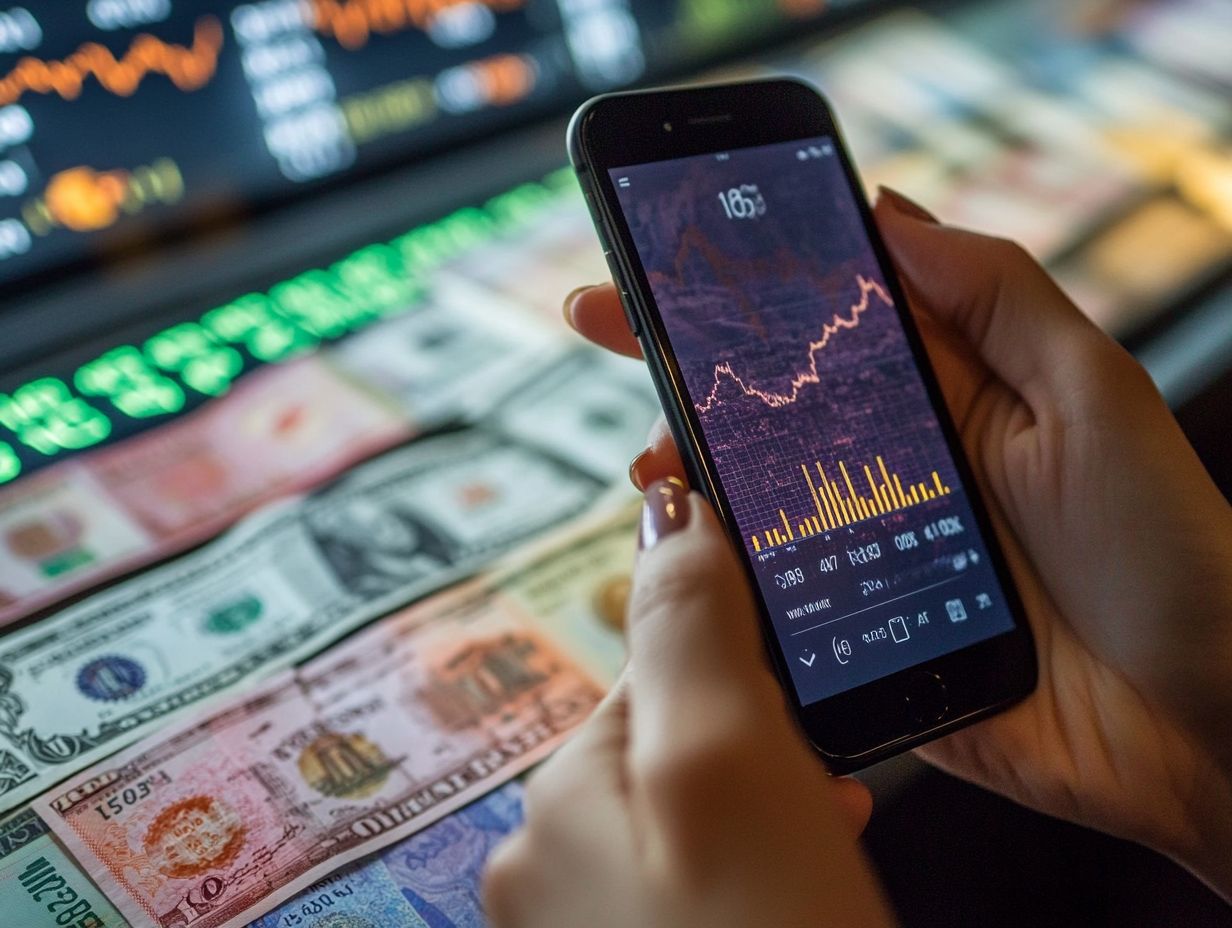
Political factors, such as political stability and geopolitical events, profoundly affect currency exchange rates. They introduce volatility and currency risks into the FX market, which can either deter or attract investors.
Events like elections, trade negotiations, or military tensions can lead to significant shifts in investor sentiment, directly influencing currency strength. Traders must stay alert to these dynamics; they can lead to sudden changes in the market!
By using solid risk management strategies such as setting stop-loss orders (an order to sell a currency automatically when it reaches a certain low price) or diversifying portfolios you can better navigate these choppy waters. This positioning helps you seize opportunities that arise from market fluctuations.
Market Forces
Market forces, including trading volume and overall sentiment, are crucial in shaping the direction of currency fluctuations and exchange rates. The interplay of supply and demand creates a dynamic landscape where currencies are continuously appraised against one another.
Pay close attention to shifts in trading volume, as this serves as a vital indicator of market vitality. High trading volume often points to a robust market, while low activity can indicate uncertainty or a lack of conviction.
The psychology and sentiment of traders significantly influence price movements. The ebb and flow of fear and optimism often drive buying and selling actions. Understanding these elements is essential for effectively navigating the complexities of the foreign exchange market.
Navigating currency exchange entails conducting thorough research on exchange rates and choosing a reputable exchange provider. To enhance your understanding, it’s beneficial to ask yourself what you should know about currency exchange. Staying vigilant about common scams is essential to protect your financial transactions.
Researching Exchange Rates
Researching exchange rates is crucial for making informed decisions in currency exchange. Utilizing real-time information and financial resources can provide you with a significant competitive edge.
Consider a variety of reliable sources such as reputable financial news outlets like Bloomberg, Reuters, and CNBC. They provide timely updates and expert analysis on market trends that can be invaluable.
Broker platforms like OANDA and Forex.com offer live exchange rates and various analytical tools to help gauge the market’s direction effectively. Currency exchange websites and apps, such as XE and TransferWise, are also critical for monitoring fluctuations.
Staying updated on market dynamics is vital; real-time data allows you to act swiftly, minimizing risks and maximizing potential profits in the ever-evolving forex trading landscape.
Choosing a Reliable Exchange Provider
Selecting a reliable exchange provider is essential for mitigating risks and ensuring competitive rates while minimizing transaction fees.
When seeking an exchange service, prioritize providers with a strong reputation, as this often indicates their commitment to customer satisfaction and integrity. Assess the fee structures carefully, as some platforms may have hidden costs that could diminish your potential savings.
Responsive customer service can be a valuable asset during transactions when immediate support is necessary. To find the best rates, compare several exchange services using online comparison tools. These tools can uncover discrepancies in rates and correct any misconceptions about currency fluctuations, ultimately shielding you from unnecessary losses.
Stay informed and choose wisely to navigate the ever-changing currency landscape!
Avoiding Common Scams
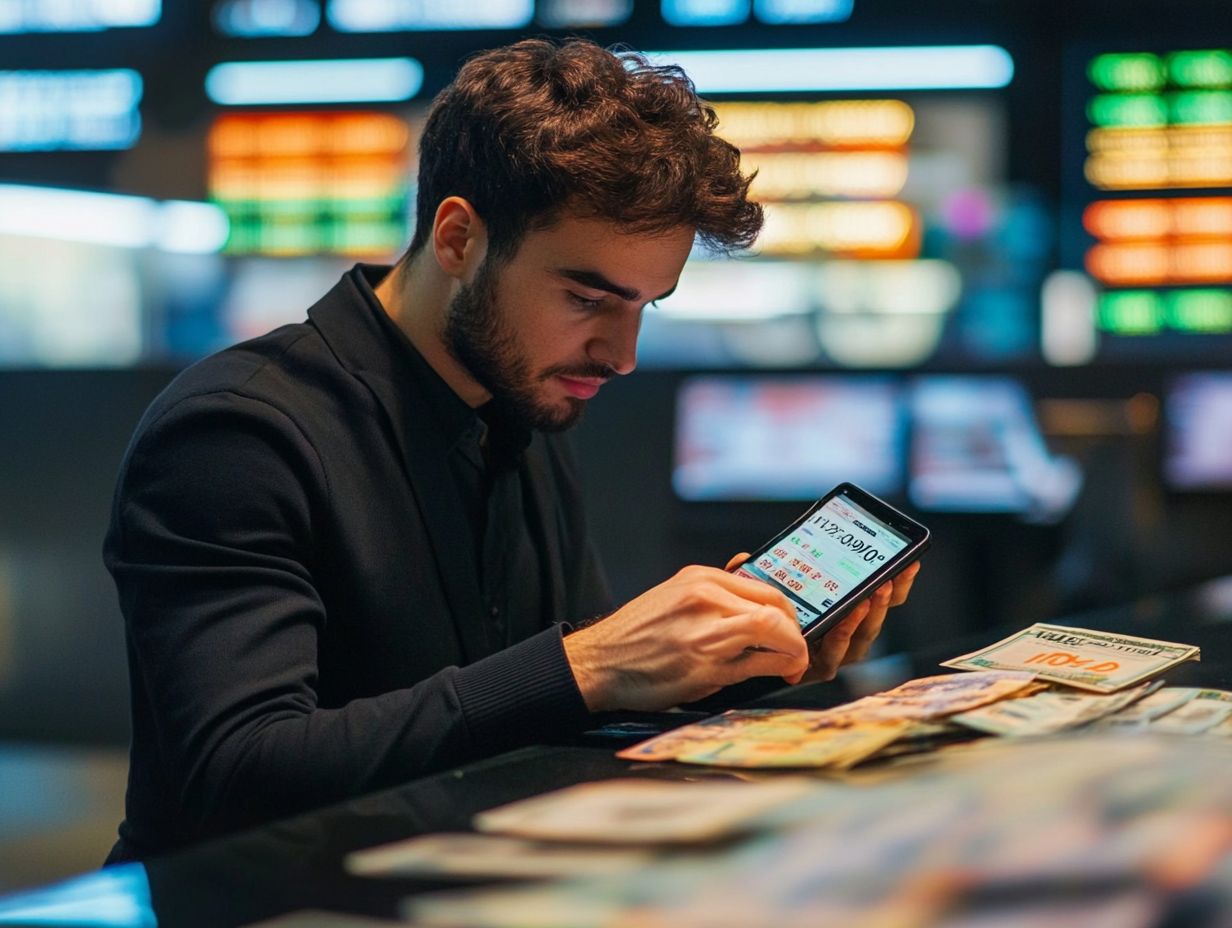
Avoiding common scams in currency exchange demands that you remain acutely aware of the potential fraud tactics that can expose you to significant currency risks.
As the forex market the global marketplace for trading currencies expands, the number of deceitful schemes targeting unsuspecting individuals also rises. For example, phishing scams often masquerade as legitimate emails or messages, enticing you to disclose personal information. Likewise, fake brokers may present alluring investment opportunities with unrealistic promises of high returns, all while hiding their true intentions.
Watch for red flags to stay safe! These include unverifiable credentials, pressure tactics urging immediate decisions, or negative online reviews. By staying informed and vigilant, you can protect yourself against these fraudulent activities and ensure a more secure trading experience.
Tips for Saving Money on Currency Exchange
To maximize your savings on currency exchange, you should carefully consider several key factors.
Timing your exchange can make a significant difference as rates fluctuate throughout the day. Weigh the benefits of using credit cards versus cash, as each option presents unique advantages.
Don’t hesitate to negotiate for better rates; this can further enhance your financial outcome.
Timing Your Exchange
Timing your exchange can significantly influence costs, allowing you to capitalize on favorable currency fluctuations and market dynamics.
Understanding exchange rate trends and staying informed about economic news are essential for anyone involved in currency exchange. These insights enable you to identify the most advantageous moments for transactions, ultimately maximizing your financial returns.
Utilizing tools like demo accounts offers an excellent opportunity to practice and refine your timing strategies without any risk. By simulating real market conditions, you can gain valuable experience in observing market fluctuations and responding appropriately, equipping you to make confident decisions when it s time to exchange actual funds.
Using Credit Cards vs. Cash
When you re traveling, deciding between credit cards and cash can significantly impact your overall experience, especially regarding foreign transaction fees and the convenience of local currency exchange.
Using credit cards often provides a heightened sense of safety and ease in managing your expenses. Many cards come with built-in fraud protection and are accepted at a wide array of merchants, making them a reliable choice.
However, don t underestimate the convenience of having cash on hand, particularly in remote areas where card acceptance might be limited.
Exchanging money at local currency services can sometimes result in less-than-favorable rates, so it’s essential to be aware of the best options available to you.
Balancing these two payment methods can enhance your journey and prepare you for any situation that may arise.
Negotiating for Better Rates
Negotiating for better rates can unlock substantial savings don’t miss out on this opportunity! It s crucial for you to approach various exchange services with the goal of securing competitive rates.
A proactive strategy starts with thorough preparation and staying informed about current market trends and exchange rates before you engage in any discussions. By equipping yourself with this knowledge, you can hold more meaningful conversations, enabling you to articulate your expectations confidently and counter any unfavorable offers.
Building and nurturing relationships with service providers is essential; consistent interaction can lead to more favorable terms in the future. These connections often translate into personalized service or loyalty discounts, ultimately ensuring you secure the most advantageous exchange rates available.
Frequently Asked Questions
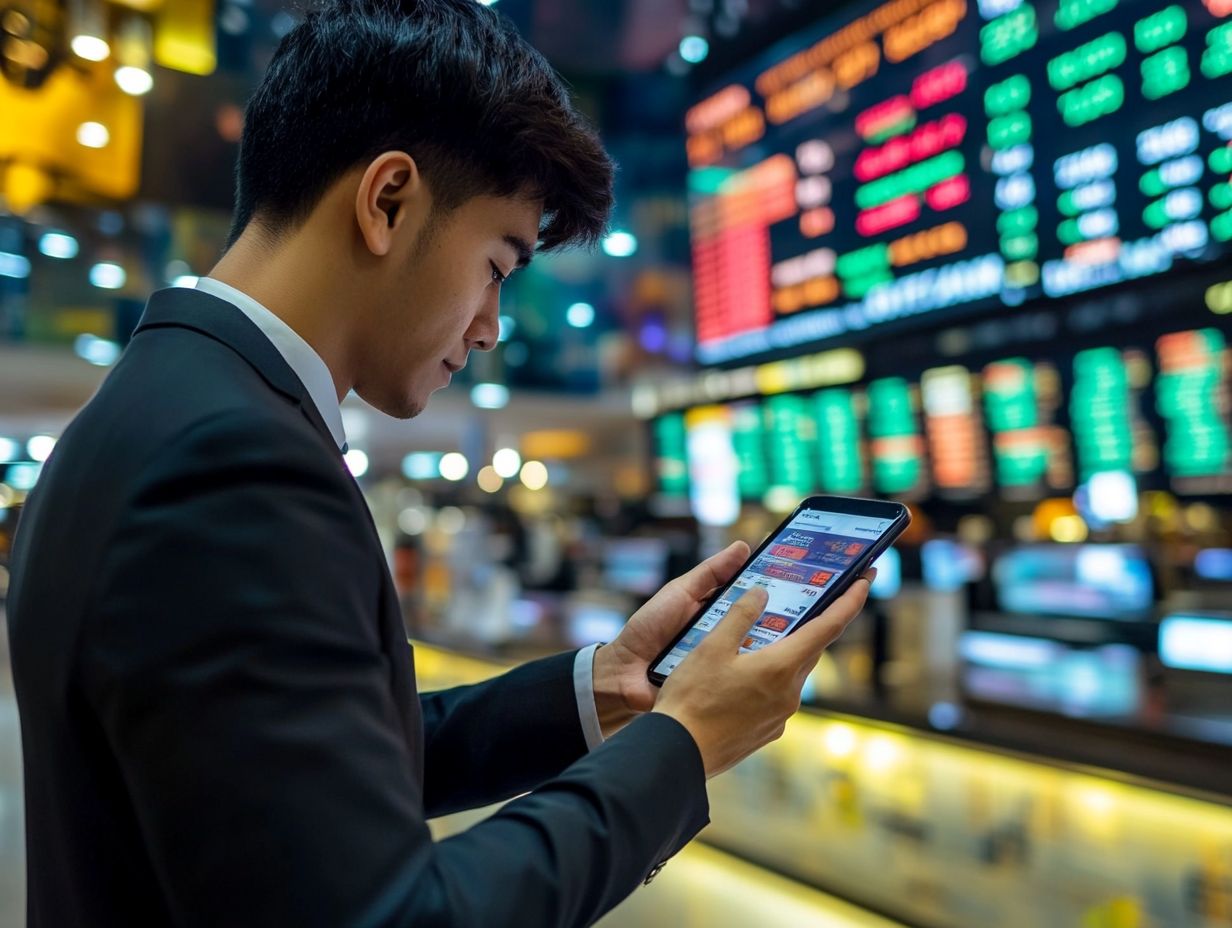
Wondering how to save more on currency exchange? Find out below!
To understand currency exchange well, research and stay updated on market trends. Use online tools, and consider asking an expert for advice.
What factors should I consider when exchanging currency?
When exchanging currency, consider the current value of one currency compared to another and any fees associated with the transaction. Also, check the credibility of the exchange provider and think about how political or economic events may impact the currency’s value.
Is it better to exchange currency before or during my trip?
It is generally better to exchange currency before your trip. This way, you can shop around for the best rates and avoid higher fees at airports or tourist locations. Consider exchanging a small amount of currency upon arrival for immediate expenses.
How can I avoid scams when exchanging currency?
Stay alert to keep your money safe! Research your exchange provider thoroughly before making any deals. Avoid exchanging currency with strangers on the street and choose reputable banks or exchange offices.
Are there any alternative options for currency exchange?
Yes, you can use a credit or debit card, withdraw from an ATM, or use a prepaid travel card. Just be sure to check for any foreign transaction or conversion fees before you use these methods.
What are some tips for getting the best exchange rates?
Act quickly! Timing your exchange can make a big difference. Exchange currency in countries with stable economies, avoid airports or tourist areas, and negotiate for better rates at exchange offices. Keep an eye on currency fluctuations and plan your exchange accordingly.
